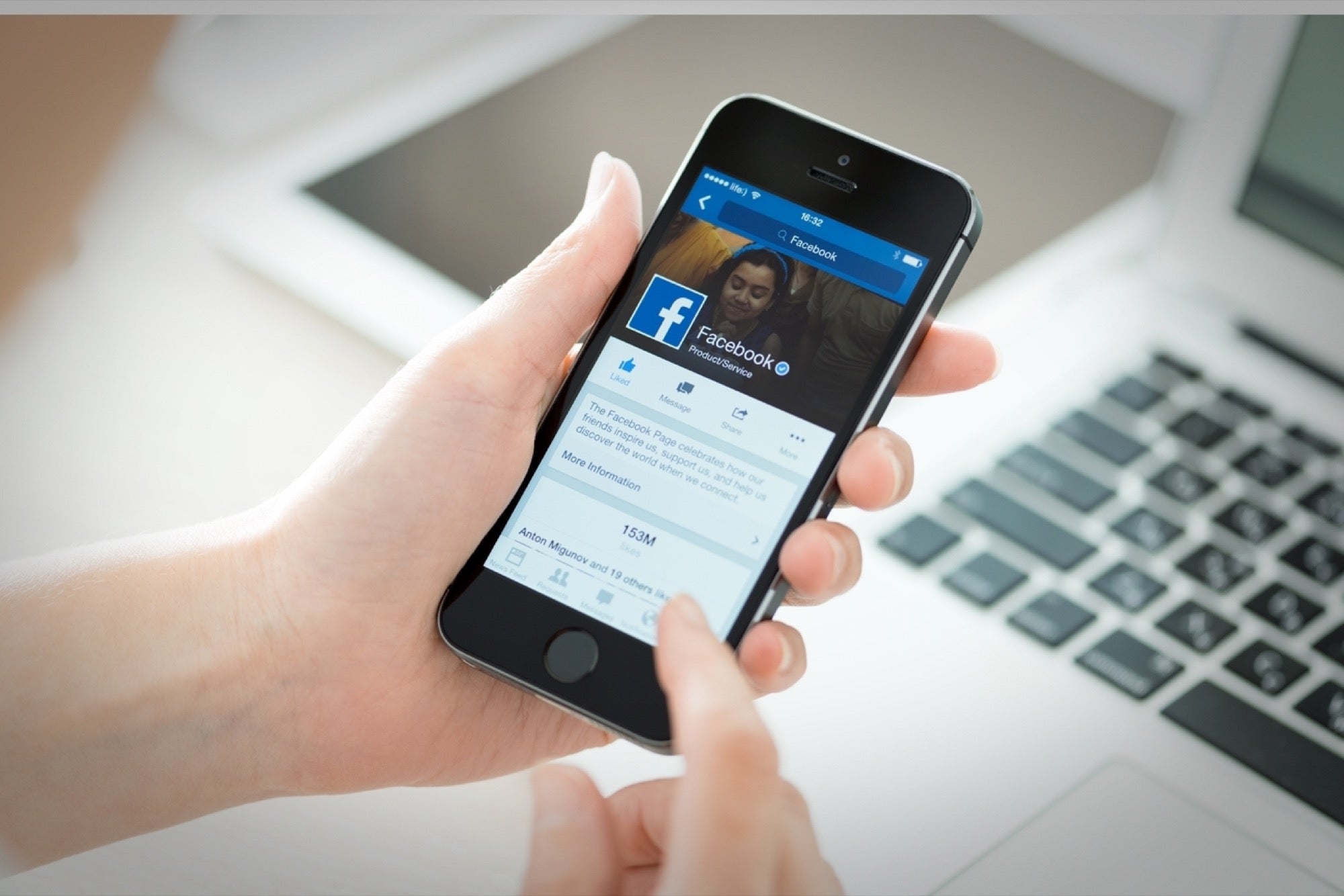With an Empathy Button, Facebook Will Be Even More Valuable to Advertisers It will add to the vast trove of information the social network already knows about us, giving the company greater insight into what makes us tick.
By Laura Entis •

Opinions expressed by Entrepreneur contributors are their own.

If there's any group that should be giving a big thumbs up to Facebook's so-called "dislike" button, it's advertisers.
It's no secret that Facebook trades information for money. The company collects the likes, posts, friend requests, location information and other data points that its nearly 1.5 billion users freely share on its platform, synthesizes everything to create detailed individual user profiles and then sells those profiles to advertisers at a premium.
A dislike button – which is likely to be more of an "empathy" button in execution -- provides another layer of information the company can use when drawing up these profiles. And, as data points go, it's a powerful one.
Related: Facebook Just Gave Small Businesses a Bunch of New Tools
In 2013 researchers at Cambridge University found that by analyzing what users liked on Facebook, they could predict race, IQ, sexuality, as well as a variety of personality traits including neuroticism and extraversion. Taken together the study found that what we like on the platform can quickly add up to create a nuanced psychological profile.
The same, undoubtedly, will be true for what we choose to empathize with on the social network. It's easy to see why brands will want to access this information – which means more money for Facebook.
Related: 8 Ways to Do Big-Time Marketing Without Spending a Fortune
Facebook, of course, isn't painting it that way. In announcing the news during a live-streamed Town Hall meeting on Tuesday, CEO Mark Zuckerberg explained that the button will simply give users another way to emotionally connect with one another:
People aren't looking for an ability to downvote other people's posts. What they really want is to be able to express empathy. Not every moment is a good moment, right? And if you are sharing something that is sad, whether it's something in current events like the refugee crisis that touches you or if a family member passed away, then it might not feel comfortable to Like that post.
Creating a button able to represent the full range of human responses to posts that are challenging, sad or troubling is, understandably, a little tricky. "It's surprisingly complicated to make an interaction that you want to be that simple," Zuckerberg said. "But we have an idea that we think we're going to be ready to test soon, and depending on how that does, we'll roll it out more broadly."
At present, this new feature hasn't been named, but whatever the decision, one thing is certain: the button will give Facebook – and data-hungry advertisers -- more valuable insights into its users.
Related: Facebook Is Testing 'M,' a Virtual Assistant Within Messenger











